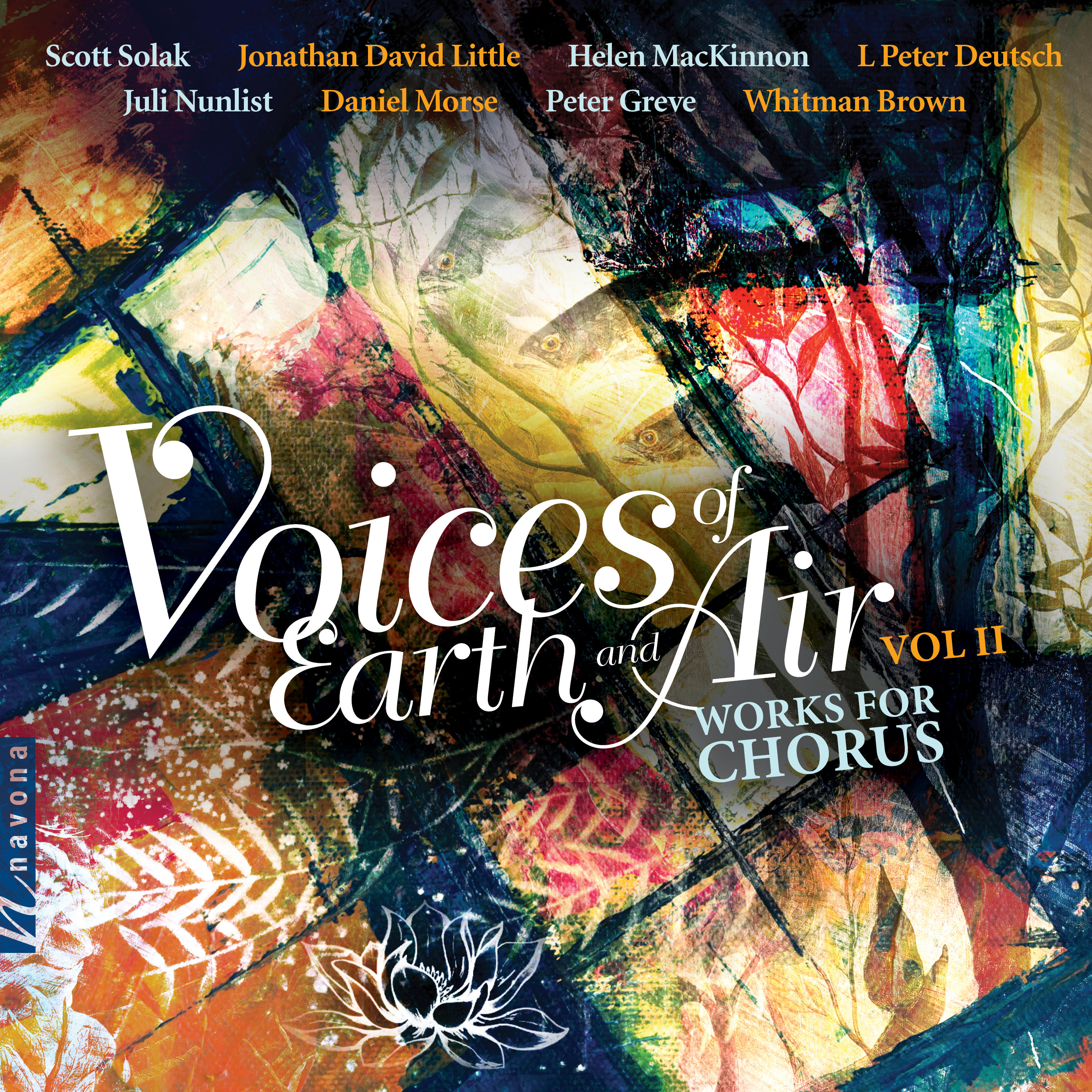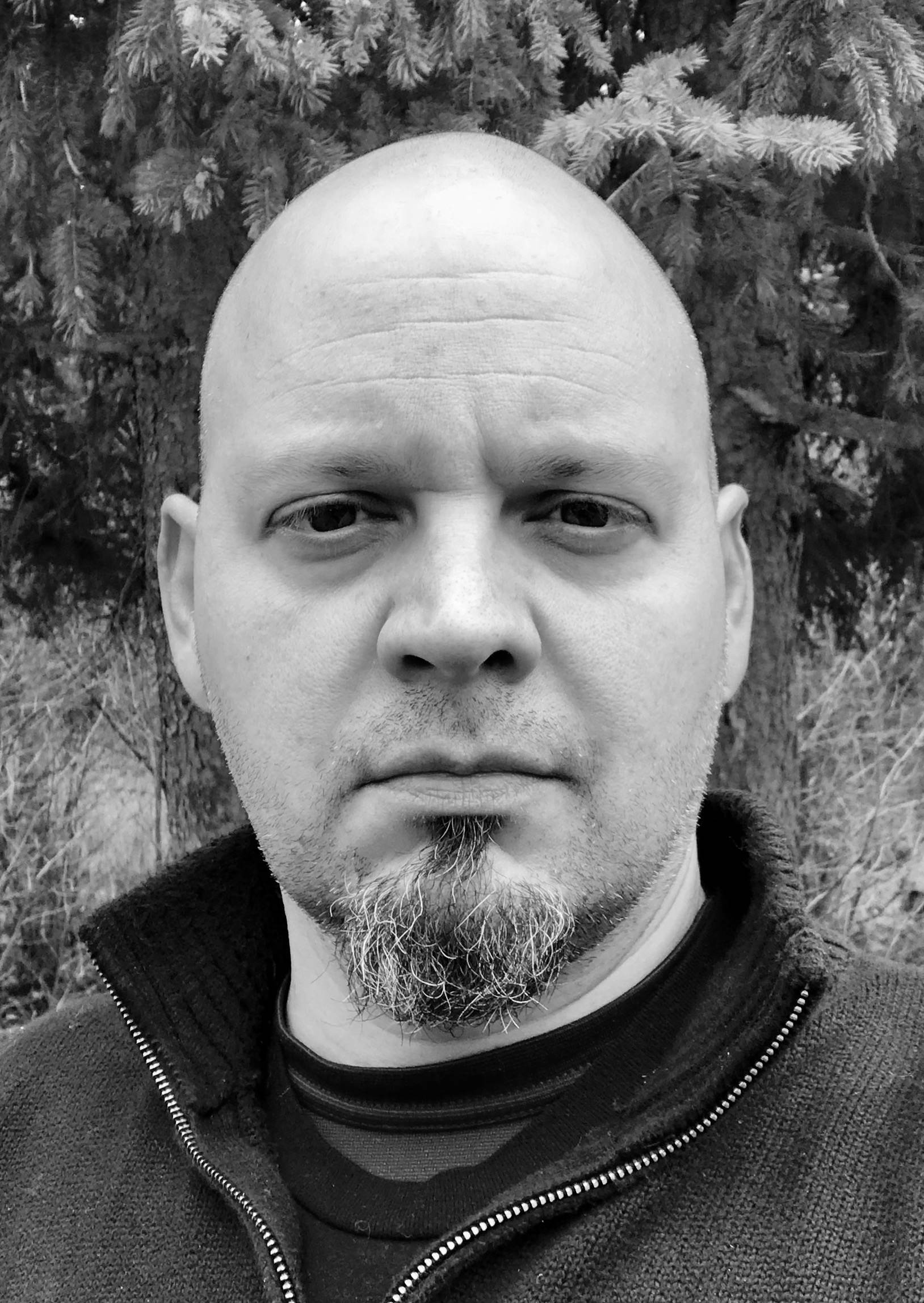Born in Honolulu HI, Dan Morse was raised on every sort of music from Bob Marley to Beethoven and Paul Simon to Prokofiev. Combined with the pervasive multiculturalism of Hawaii, his background has given him a truly egalitarian outlook towards music, through which he sees that all styles and genres are somehow valid and worthwhile.
His compositional interests encompass both electroacoustic and instrumental music. He is particularly interested in the use of musical contexts, both created and inherited. His compositional process is driven by a dialectic between logic and emotion. He also has an abiding interest in cross-cultural composition, and strives for true synthesis when utilizing elements of non-western musics.
Today, Dan is our featured artist in “The Inside Story,” a blog series exploring the inner workings and personalities of our artists. Read on to learn why pop music is Dan’s guilty pleasure…
Who was your first favorite artist(s) growing up?
I couldn’t possibly say! The single defining trait of my musical upbringing was eclecticism. From as early as I can remember, my parents exposed me to a broad variety of styles and genres. Almost every week I attended concerts at the Honolulu Symphony with my father and almost every night as a child my mother sang me to sleep with her guitar to songs by a variety of folk artists. As a teenager, my musical tastes ranged from these formative styles to pop to blues to funk to jazz to the heaviest of heavy metal. Every one of these styles — and many more — remains a part of my musical life today. And every one of them influences me as a composer; I welcome and embrace them all as a part of my musical language.
When did you realize that you wanted to be an artist?
I was probably about 13 years old when a dear friend of mine introduced me to Metallica. I was almost immediately captivated by the bass playing of the late Cliff Burton — I could hear the vocals, the drums, the guitars, but I could feel the bass. I knew almost right away that I wanted to learn to play bass and play in a heavy metal band. For many years I kept learning and playing bass in many different bands. It wasn’t until part way through my undergraduate studies that I caught the composing bug. From then on, I realized I preferred writing the music and letting other people worry about playing it!
What is your guilty pleasure?
Well, I truly believe that if something gives you pleasure, then you should never feel guilty for enjoying it; guilt is overrated. Of course, I know what you’re getting at, so keeping things in the realm of music, I’d have to say in general, “pop” music. Often maligned (and wrongly so!), I take great joy in a truly catchy, well crafted pop song. The are so many example here, but one that jumps out at the moment is “Fresh” by Kool & the Gang. To this day, I still find it hard to believe this is the same band that gave us “Jungle Boogie”! Kool & the Gang are an incredible example of a band reinventing themselves to keep up with the style of the time, and “Fresh” is just about a perfect 80s pop song. From the funky “whacka-chicka” rhythm guitar to the now legato, now staccato vocals to that infectiously percolating bass line, I just love it.
If you could make a living at any job in the world, what would that job be?
Hah! That’s easy: I’d want to teach composition and theory at a university. It’s what I studied and trained for and what I spent the better part of nearly two decades assuming I’d do one day. Unfortunately, the sad fact of it is that there are far more qualified applicants than there are positions. The was a time — and I suppose this is still the case for the lucky few — when universities were the 20th/21st-century equivalent of the 18th/19th-century patron lord for composers: the work of teaching — as enjoyable as it can be — helps “pay the bills” so the composer can undertake his or her creative practice. Beyond this financial “support,” the university also offers connections with others in the field and access to visiting and resident ensembles — both for rehearsal and performance — that is absolutely invaluable to a composer, and access that is all but unavailable to those outside of academia.
If you could spend creative time anywhere in the world, where would it be and why?
Another easy one! I would spend that creative time right here in the mountains of northeast Washington. My family and I moved here last year and we feel more at peace — more at home — than we have just about anywhere else. It is quiet, tranquil, and achingly beautiful here.
If you could instantly have expertise performing one instrument, what instrument would that be?
Other than the electric bass, I’d have to choose the organ. I certainly agree with the notion that the organ is the “king of instruments”: the timbral possibilities are near endless, the “orchestral” sound of a single instrument is so powerful, and the capability of effectively infinite sustain is captivating. The organ works of Bach first gave me a love of the instrument (Bach is my “desert island” composer). My music theory and composition teacher as an undergraduate, Richard Billingham, was an organist and he continued to feed my love of the instrument. The power and complexity of the organ works of Max Reger continue to open my mind to its possibilities. Even the beautiful simplicity of a work such as Pärt’s Pari Intervallo (which was originally written without instrumentation) works best on the organ.

Nachtlied will be available on VOICES OF EARTH AND AIR VOL. II for streaming or purchase through Navona Records on April 26. Click here to pre-order.



